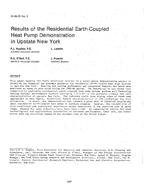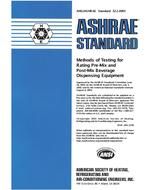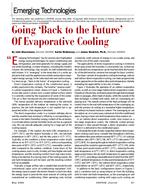Excluding special and unusual fluids, materials, and methods, a boiler is a cast-iron, carbon or stainless steel, aluminum, or copper pressure vessel heat exchanger designed to (1) burn fossil fuels (or use electric current) and (2) transfer the released heat to water (in water boilers) or to water and steam (in steam boilers). Boiler heating surface is the area of fluid-backed surface exposed to the products of combustion, or the fire-side surface. Various manufacturers define allowable heat transfer rates in terms of heating surface based on their specific boiler design and material limitations. Boiler designs provide for connections to a piping system, which delivers heated fluid to the point of use and returns the cooled fluid to the boiler. Chapters 6, 11, 12, 13, and 15 cover applications of heating boilers. Chapter 7 discusses cogeneration, which may require boilers.
Classifications
Selection Parameters
Efficiency: Input and Output Ratings
Performance Codes and Standards
Sizing
Burner Types
Boiler Controls
Flame Safeguard Controls
Operation
ISBN: 978-1-947192-52-2 (for I-P versions of chapters)
ISSN: 1078-6066 (for I-P versions of chapters)
Citation: 2020 ASHRAE Handbook — HVAC Systems and Equipment
Product Details
- ISBN(s):
- 9781947192522
- Number of Pages:
- 8
- Units of Measure:
- I-P
- File Size:
- 1 file , 350 KB
- Product Code(s):
- D-S322020IP


